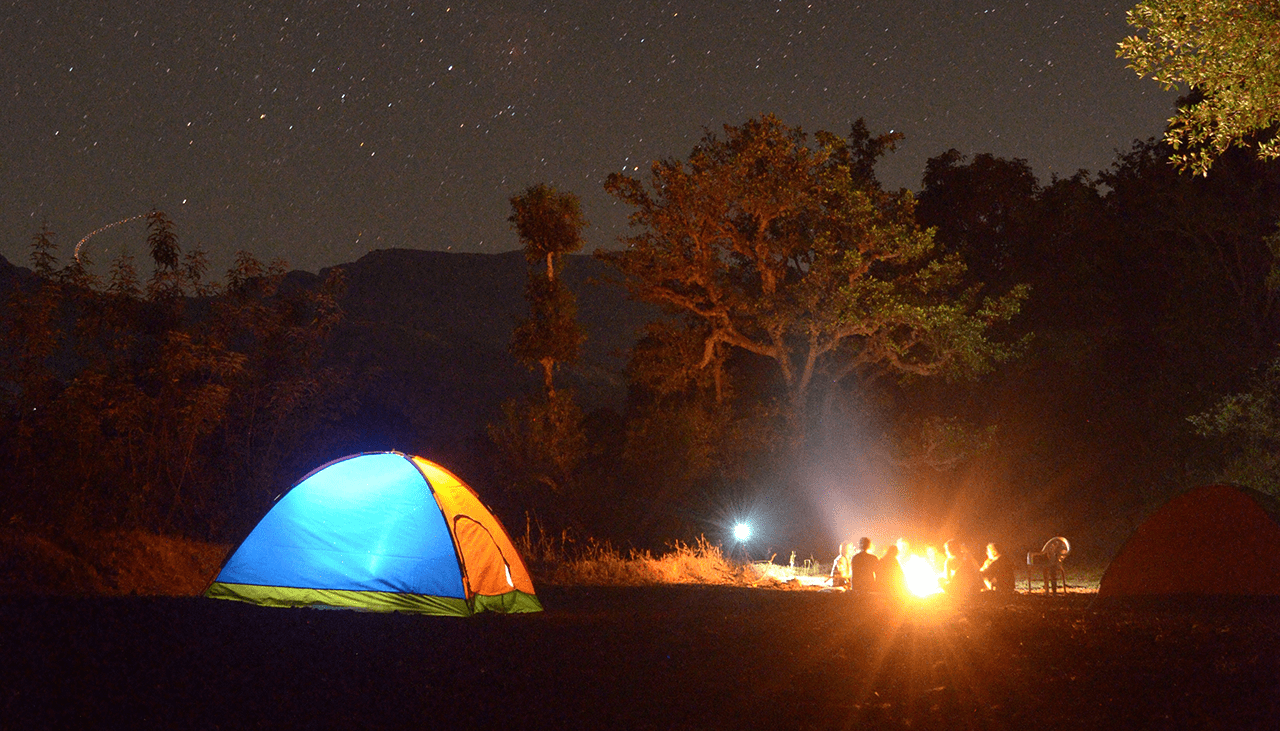Whether you’re an experienced outdoorsman or just getting started adventuring into nature, it is always important to be prepared for your camping, hiking, and backpacking escapades. These activities come with a certain level of risk and require some knowledge as well to ensure that everyone stays safe and healthy during the trip. With so many tips and tricks available for navigating the great outdoors, how do you know what you should follow? We can help! In this blog post, we’ll provide helpful tactics on planning out your trips, properly packing your supplies, and excellent safety measures while out in nature -plus lots more- allowing anybody who enjoys outdoor recreational activities to have a worry-free adventure.
Choose the right tent for your needs and budget
The tent is the heart of your camping experience. When selecting a tent, you’ll want to think about the size, weight, and price that best fits your needs. Additionally, consider whether you will be camping in mild or harsher climates. Tents come in various shapes, sizes, and styles so it can be difficult to choose one that fits your budget and preferences. The type of tent you select should depend on how many people will be sleeping in it, what kind of weather conditions you expect – such as sun, wind, or rain – as well as how much space is available for storage inside and outside the tent.
Pack light but bring all essentials items for each activity
When packing for any camping trip or outdoor adventure, it is important to pack lightly but make sure you have all the essential items. To do this, consider what type of activity you will be doing and bring only the necessary supplies. Make sure to check your gear list before leaving so that nothing gets left behind. Items such as a first aid kit, knife, or multi-tool with a bottle opener, pocket flashlight, map/compass, sunscreen, and insect repellent are common must-haves for most outdoor activities.
Research and study maps to know where you’re going and how long it will take to get there
Researching your destination ahead of time is very important when planning an outdoor trip. Maps can provide crucial information about local terrain, landmarks and trails, which will help you to plan the most efficient routes. Take some time before leaving to look at a map of the area so that you can become familiar with your destination. Knowing where you are going and how long it will take to get there can help prevent lost time and unexpected detours.
Make sure you have plenty of water – pack two or three bottles per person
When camping, hiking, or backpacking, it is important to keep yourself properly hydrated throughout your journey. Pack multiple large bottles of water for each person to stay hydrated while outdoors. Additionally, bring along a filter system such as a LifeStraw if possible to ensure access to fresh drinking water during long trips away from civilization areas.
Invest in quality camping gear – a good tent, sleeping bag, backpack, etc.
Investing in quality camping gear is key to having a successful outdoor experience. Quality tents and sleeping bags should be well-insulated to keep you warm on cold nights, and backpacks should have enough space for all your belongings as well as comfortable straps so that they won’t cause pain while carrying them. It is also important to choose the right type of footwear based on the terrain – hiking boots are best for rocky trails while sandals are great for beachside excursions.
Stay safe – let someone know when you’re leaving and when you plan to return
No matter how prepared you are or how experienced you are, accidents can always happen. To ensure maximum safety while outdoors, tell a friend or family member your plans before leaving. Provide them with the location of where you plan to camp or hike and when you expect to return. This way, if something does go wrong, they will know where to look for you and contact emergency services if necessary.
Respect the environment – leave no trace
One of the most important things to remember when camping, hiking, or backpacking is to always respect your environment. Be mindful of the wildlife, plants, and people you encounter along your journey. Leave no trace: take all garbage with you and never disturb any natural sites or habitats. Being conscious about our actions in nature helps us all enjoy a safe and sustainable outdoor experience for years to come.
Have fun!
Above all else, don’t forget to have fun! Outdoor activities are a great way to explore and appreciate nature while also staying healthy and active. So go ahead and get out there – enjoy every moment of your adventure!
